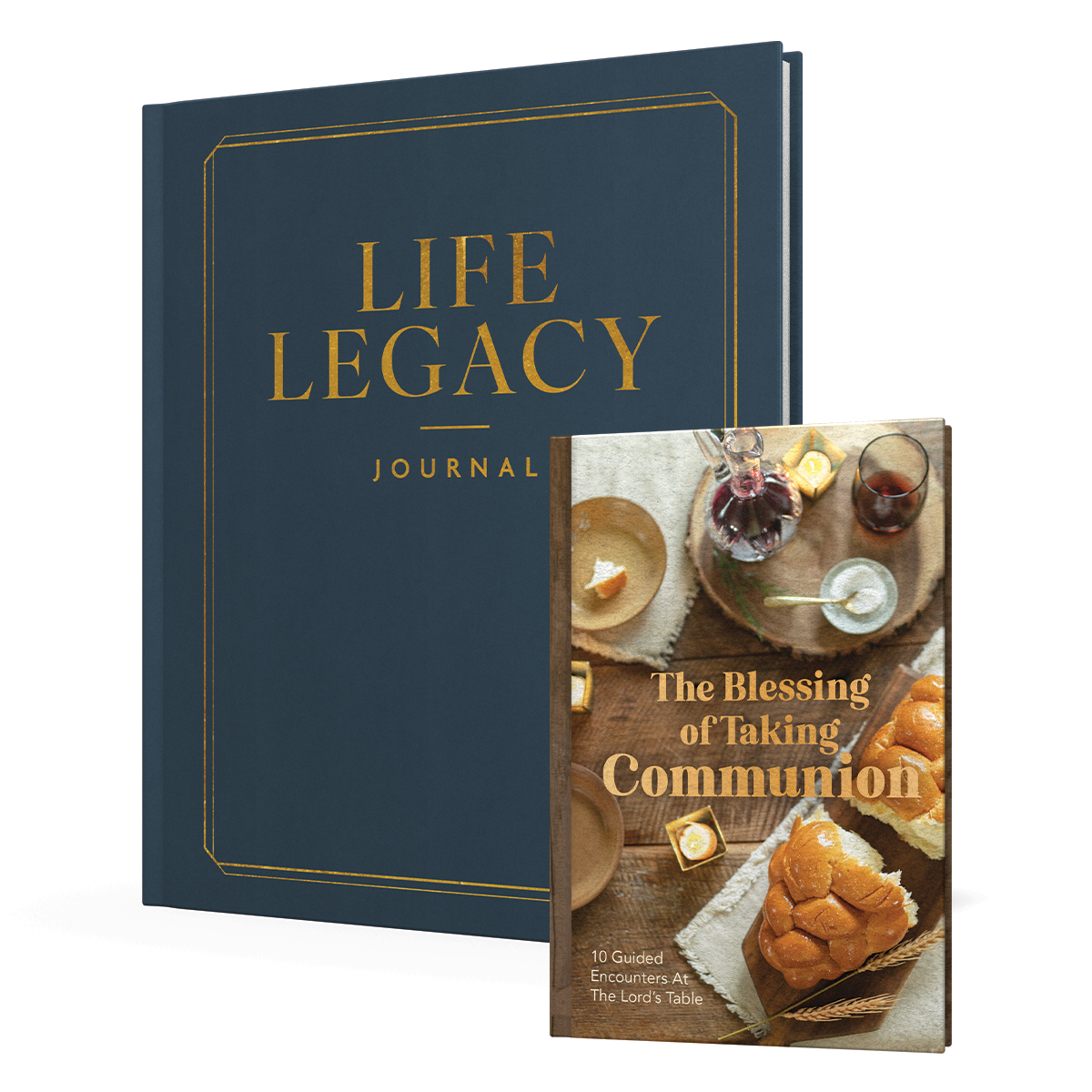Paul speaks about suffering from his first-hand experience. In 2 Corinthians 11:24-27, he recounts:
Five times I received from the Jews the forty lashes minus one. Three times I was beaten with rods, once I was pelted with stones, three times I was shipwrecked, I spent a night and a day in the open sea, I have been constantly on the move. I have been in danger from rivers, in danger from bandits, in danger from my fellow Jews, in danger from Gentiles; in danger in the city, in danger in the country, in danger at sea; and in danger from false believers. I have labored and toiled and have often gone without sleep; I have known hunger and thirst and have often gone without food; I have been cold and naked.
In this passage, he is not complaining about suffering, but is rather explaining to the Corinthian believers that, as they consider the credibility of his message, they should see his willingness to suffer for the sake of spreading the gospel as evidence of the faithfulness of his service and the integrity of his teaching. This is also reflected in 2 Corinthians 6:3-10; 2 Corinthians 7:2-7; 2 Corinthians 11:16 to 12:10. In these passages, Paul engages in ironic boasting about his ministry and suffering – not out of pride, but out of a desire for the Corinthians to realize that the message brought by Paul is more reliable than false teachers who were concerned primarily about their own interests.
In perhaps his most personal discussion of suffering, Paul describes his experience with “a thorn in my [the] flesh” in 2 Corinthians 12:7-10. He does not identify this “thorn” specifically, although his other letters hint that he may have been losing his eyesight. In Galatians 4:13-15, Paul remarks that the believers were so concerned about his condition that: “I can testify that, if you could have done so, you would have torn out your eyes and given them to me.” He also often had others transcribe his words for him and, when he wrote himself, Paul sometimes made special note suggesting he had difficulty reading. “See what large letters I use as I write to you with my own hand!” (Galatians 6:11). Whatever the precise nature of this thorn in the flesh, Paul characterized it as “a messenger of Satan, to torment me” (2 Cor. 12:7) and explains that “three times I pleaded with the Lord take it away from me” (2 Cor. 12:8).
Yet, despite his fervent prayers and faith, God did not take away his thorn in the flesh but instead declared: “My grace is sufficient for you, for my power is made perfect in weakness” (2 Cor. 12:9). Rather than becoming angry or resentful toward God for failing to relieve his suffering, Paul responded:
Therefore I will boast all the more gladly about my weaknesses, so that Christ’s power may rest on me. That is why, for Christ’s sake, I delight in weaknesses, in insults, in hardships, in persecutions, in difficulties. For when I am weak, then I am strong.
(2 Cor. 12:9-10)
To be clear, Paul was very familiar with God’s healing power and, as recorded in the book of Acts, he healed others in Christ’s name. As Paul and his companion Barnabas boldly proclaimed the Gospel, the Lord “confirmed the message of his grace by enabling them to perform signs and wonders” (Acts 14:3), including healing a lame man (Acts 14:8-10), casting a demon out of a girl (Acts 16:16-18), raising a man from the dead (Acts 20:9-12), and curing the many sick brought to him (Acts 28:8-9). “God did extraordinary miracles through Paul, so that even handkerchiefs and aprons that had touched him were taken to the sick, and their illnesses cured and the evil spirits left them” (Acts 19:11-12). However, as apparent from Paul’s own “thorn in the flesh,” God sometimes calls us to grow through suffering.
Even if we never experience hardships like Paul, we need to be prepared to suffer for Christ’s sake. And although God may answer our prayers to take away our thorns in the flesh, we also need to be prepared to praise God if we receive the same answer as Paul and discover the surpassing truth that “when I am weak, then I am strong” (2 Cor. 12:10). God can use a “thorn in the flesh” – whether a physical, emotional, psychological, family, relational or other challenge – to develop our character and drive us to ever-greater reliance on him.
This is an excerpt from The Simplified Guide: Paul’s Letters to the Churches by David Hazelton. Copyright ©2013 by David Hazelton. Published by Deep River Books. Used by permission.










